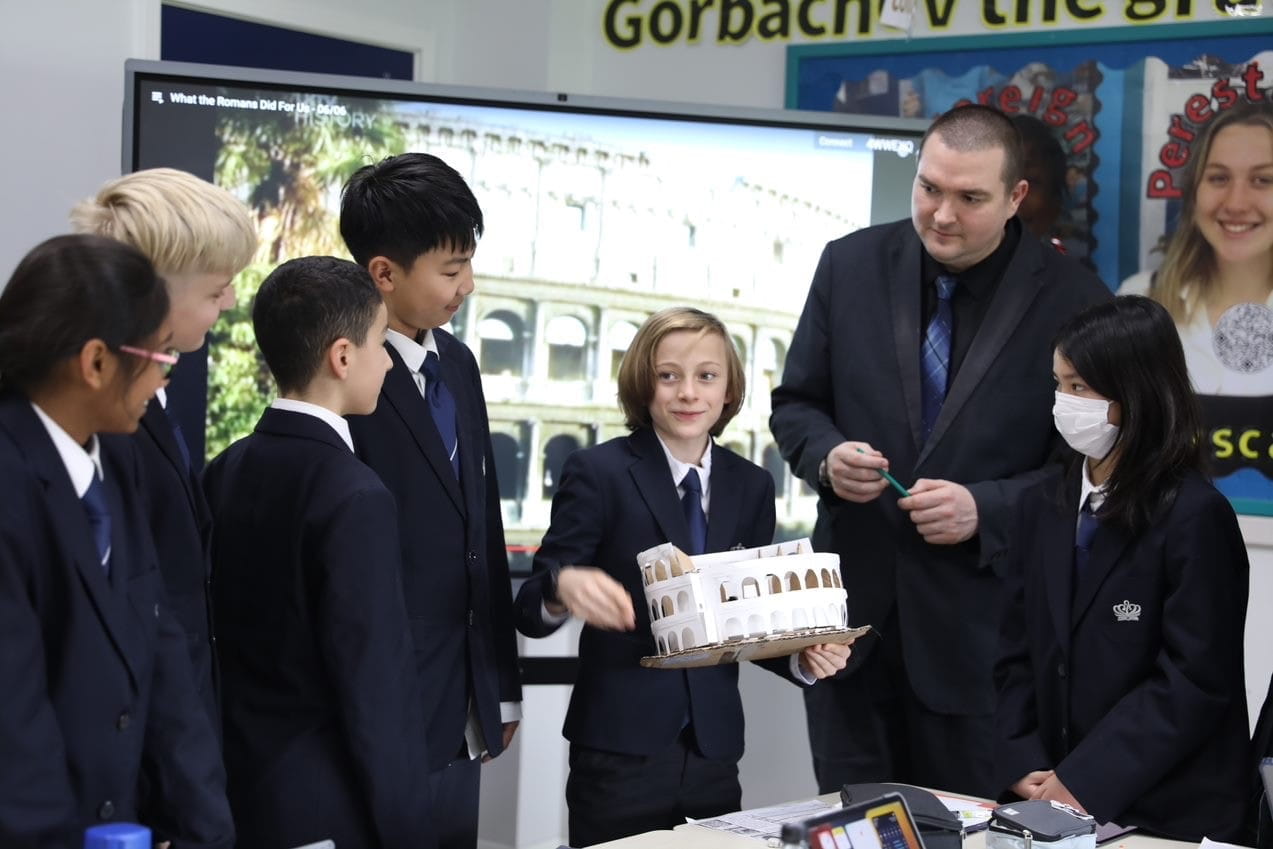Take a moment to think of someone that you consider to be wise. Picture that person in your mind’s eye. All done? Great. We’ll return to them later.
We can mine the depths of human knowledge with just a few clicks these days. Acquiring wisdom, however, is a different matter. The person you’re thinking of probably has more to them than just the ability to regurgitate large tracts of information; what I like to call a “knowledge vomit”. No, they likely possess depth of understanding that’s difficult to define. But what is this wisdom and how do we promote its development at Nord Anglia?
Elon Musk is right when he states “Don’t confuse schooling with education. I didn’t go to Harvard, but the people that work for me did.” Information alone does not furnish us with wisdom. It is something deeper; something more conceptual. It is the ability to make good judgments and to understand value. It’s being discerning and being philosophical. It’s accepting that we all have our own ‘weaknesses’ or gaps in knowledge. We’re often reluctant to say to others “I don’t know” but identifying that we’re not all-knowing is not a weakness, rather it is a sign of wisdom and maturity.
The beauty of a piano recital lies not just in the keys pressed but in the spaces between those notes and the interpretation of their dynamics. There is a wisdom in the silence.
I believe this perspective is an important one to teach our children. Often, we judge students by old fashioned metrics: grades, classroom application, IQ. Maybe it’s time we incorporated wisdom more into our curriculum, engaging students with challenging situations, teaching empathy, encouraging self-reflection?
Nord Anglia students achieve incredible exam success year after year and go on to thrive at the world’s top universities, but our students are taught not just to be knowledge-rich but to be wise.
This practice has also been embraced by UNICEF, as they recently launched their exciting
Wisdom Project, a project requiring young people to hold intergenerational conversations and to record them.
Nord Anglia students interviewed grandparents, neighbours, respected community members, older siblings, politicians, industry captains, soldiers, teachers, and of course parents about issues, places and times which covered areas way beyond the knowledge delivered in a conventional school curriculum. These conversations developed our understanding about what we can learn from talking to our elders.
Our students reflected on gaps in their own knowledge and took the opportunity to be introspective. They demonstrated humility and were enlightened in sharing the wisdom gained through these conversations. The students were especially grateful to the elders in the Pudong community who shared their wisdom and their diverse experiences and perspectives.
So, what did we learn from the UNICEF Wisdom Project? Wisdom stems not from experience with practical engagement alone but from reflection on it. It taught us to nurture wisdom by regulating our emotions, considering others, seeking diversity, embracing uncertainty, and taking a long-term view of problems. And, critically, by teaching humility. As Socrates famously said, “the only true wisdom is in knowing you know nothing.”
Now, think back to the opening lines of this article and to the ‘wise one’ you pictured in your mind's eye. Our job as Nord Anglia parents and educators is to create more people like them, especially in a world where wisdom is needed more than ever.
Daniel Guiney is a History teacher at NAIS Pudong. He taught History in the UK, Singapore, and Egypt prior to joining NAIS Pudong in 2016. He loves working in China, a country with a uniquely rich past.
